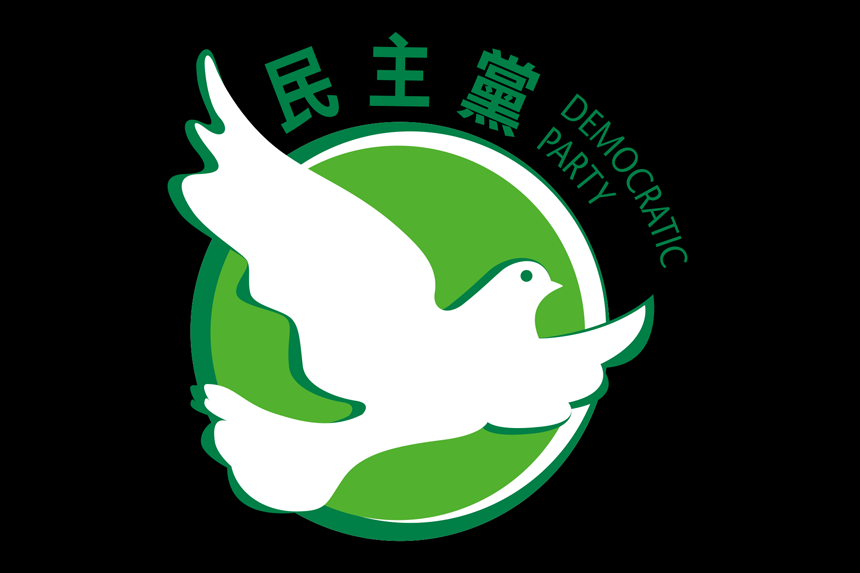Plans to dismantle what was once the biggest opposition group in Hong Kong have been revealed by Democratic Party officials. Chairman Lo Kin-hei said, the ultimate choice on whether to close the 31-year-old party will be made by member vote. This action signals a major change in Hong Kong political landscape.
Following China’s actions to quell dissent in the city, especially after the 2019 demonstrations, the party has been battling to survive. Claiming national security issues, the governments of Beijing and Hong Kong have defended these policies. This is still another illustration of the increasingly tight control over Hong Kong politics.
The political scene of the city underwent a revolution with the 2019 demonstrations. Originally opposed to an extradite law, what began as such swiftly evolved into a more general pro-democracy campaign. Millions of people joined the demonstrations in demand of more political liberties and less Beijing intervention. In response, the Chinese government instituted the National Security Law in 2020, which resulted in mass arrests and repression of opposition organizations. Under these strict policies, the Democratic Party—like many other pro-democracy groups—has struggled.
How Has the Party suffered under Beijing's Crackdown?
Beijing revamped the polling apparatus of the former British colony as part of the crackdown. Hong Kong enacted the so-called “patriots law,” which guaranteed that legislators or local councillors in the semi-autonomous territory would only be those judged loyal to the Communist government in Beijing. This law fundamentally changed Hong Kong politics by essentially prohibiting the Democratic Party from running in elections.
The “patriots ruling Hong Kong” idea has made political office acquisition almost impossible for opposition leaders. The new system looks at candidates’ political views and degree of Beijing allegiance. Many long-standing pro-democracy legislators have been kicked off or have quit in protest. Pro-Beijing members now predominate in Hong Kong’s Legislative Council (LegCo), therefore eradicating political opposition from the city’s government.
Say, Party Chairman Lo Kin-hei, what?
Following a party conference on Tuesday at late night, Mr. Lo said the “current political situation” guided the decision to call off.
“Developing democracy in Hong Kong is always challenging, but in the past few years especially so,” he said. When questioned whether the decision had been taken under political pressure, he did not answer, though.
Lo’s words capture the terrible reality that pro-democracy activists in Hong Kong must deal with. The government’s persecution of opposition parties has left little room for traditional political action. Fearing detention or persecution under the National Security Law, many activists have been driven into exile. Others have faced legal issues, with some renowned persons obtaining lengthy prison sentences for their involvement in protests or political activities.
The dissolution process is what?
The party has set up a working group to supervise the shutdown procedure. Before the final decision is taken, at least 75% of its members attending a forthcoming general meeting have to approve the resolution. The date of this gathering is yet unknown.
Political party dissolving in Hong Kong is a difficult procedure. Given the political environment of today, some members could worry about reprisals should they oppose dissolution. Given the constraints placed on the party, others might not find any realistic road ahead for it. The responsibility of the working group will be to guarantee that members have an equitable opportunity to participate in the decision-making process and that all legal obligations are complied with.
How does the Government react?
Wednesday, Hong Kong government adviser Regina Ip charged the Democratic Party with “constantly causing trouble inside and outside parliament” and an agenda opposing China.
“That they have been losing followers in recent years surprises me very little. “The Democratic Party has already reached a dead end,” Ms. Ip, co-convener of Hong Kong’s cabinet-like Executive Council, stated.
The government’s reaction fits its overall plan to discredit pro-democracy movements. Officials try to defend the onslaught on opposition voices by presenting the Democratic Party as useless and polarizing. But the party’s fall is the product of years of concerted oppression, legislative constraints, and political restructuring meant to guarantee Beijing’s authority over Hong Kong politics—not only of lost public support.
What Does This Mean for Hong Kong’s Future?
The likely breakup of the Democratic Party marks a crucial moment in Hong Kong politics, further highlighting the dwindling space for opposition voices in the city. Once a powerful force, the pro-democracy camp is today scattered and finds it difficult to remain relevant.
International criticism has been directed against Hong Kong’s declining political freedom. Calling for the restoration of democratic rights, the United States, the European Union, and other world players have attacked Beijing’s activities. These appeals, nevertheless, have not much effect on the ground situation. China is adamant that any dissension in Hong Kong has to be eradicated if stability and national security are to be kept.
The issue still stands: what is next for Hong Kong’s pro-democracy movement if the Democratic Party might be disintegrating? Many activists have turned to alternate strategies including underground organizing and worldwide advocacy. Some have fled Hong Kong entirely in search of safety in nations upholding democracy and human rights. Others silently carry on managing the ever perilous political terrain.
For common Hong Kong people, the absence of a structured opposition implies less methods of voicing their political opinions. Now operating with minimal opposition or discussion, the Legislative Council passes laws strongly in line with Beijing’s interests. Media sources have also been extensively suppressed; pro-democracy newspapers like Apple Daily have been forced to close.
The course of Hong Kong politics is yet unknown. Beijing has effectively quieted most of the opposition, however many Hongkongers still yearn for democratic liberties. It remains to be seen whether the movement will discover fresh approaches to plan and advocate change. One thing is certain: the disintegration of the Democratic Party is yet another phase in the change of Hong Kong from a semi-autonomous area with political diversity into a strictly governed extension of mainland China.



